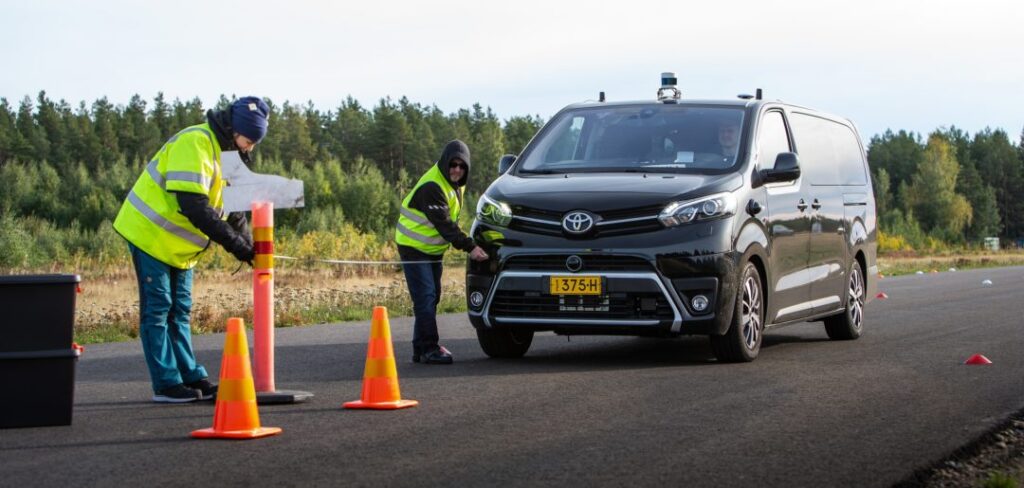Finnish self-driving software company, Sensible 4, has been expanding its operations into Norway. Early this year, it started trials with two open-road pilots in the country, one near Oslo and another in Gjesdal. To enable these pilots, a driving permit from Statens Vegvesen, the Norwegian road authority, was required. The VTT technical research center in Finland has a long history with autonomous machines and testing, so Vegvesen relied on its technical expertise for testing and validation of Sensible 4 autonomous systems.
Sensible 4 notes that for companies such as itself to continue the development of autonomous vehicles internationally, common and widely approved testing and validation procedures are required between nations. “Now we need action. Autonomous driving technology requires international testing procedures on public roads. Currently, lack of standardization between countries, and often complex and varying driving permit practices, are slowing down the innovation,” said Harri Santamala, CEO of Sensible 4. “Norway is a good example of a frontline country working on current legislation and enabling future transportation.”
The tests that preceded the Norway pilots, including obstacle detection and avoidance trials, were conducted at Nummela airfield in Finland in September 2020. Measurements were taken using the automated vehicle tools, and prototypes were developed by VTT to enable benchmarking of the automated driving functions.
“The automated prototype vehicle, Martti, was utilized as the target vehicle for measuring safety margins and object detection capabilities,” explained Matti Kutila, the research team leader at VTT.
The test scenarios created by VTT included ensuring the vehicle reacted to several static and moving objects in its path. Additionally, the vehicle’s ability to monitor free space was tested at a T-intersection, a pedestrian crossing, and while at a bus stop, waiting for other cars to first pass from the rear.
“The generated test protocol provides a basis for future testing and standardization. It allows for extending similar scenario tests and data gathering to further scenarios, environments and environmental conditions,” Kutila concluded. Sensible 4 reported that its technology performed safely in all the tested scenarios.


